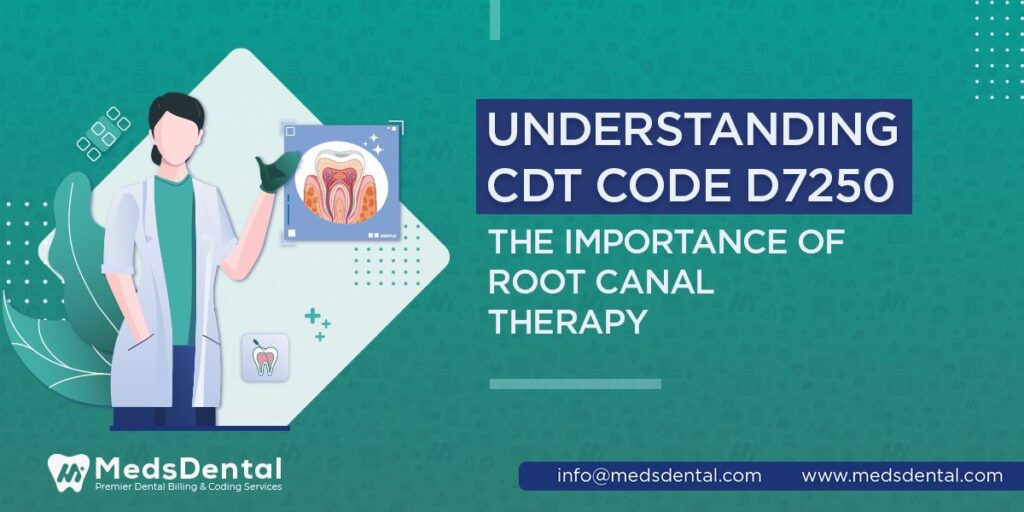

At CDT Dental Codes, we understand the importance of quality dental care and the various dental procedures that are essential for maintaining healthy teeth and gums. In this article, we will discuss in detail the dental procedure of D7250 – Root Canal Therapy, its benefits, and what you can expect during the procedure.
Root canal therapy, also known as endodontic therapy, is a dental procedure that involves the removal of infected or damaged pulp from the inside of a tooth. The pulp is the soft tissue inside the tooth that contains nerves, blood vessels, and connective tissue. When the pulp becomes infected or inflamed, it can cause severe pain and lead to further dental issues. D7250 is a specific code for root canal therapy in a tooth with 1-3 canals, and it is an essential dental procedure that can save your natural tooth and prevent the need for extraction.
There are several benefits of undergoing D7250, such as:
Before undergoing D7250, your dentist will take an X-ray to determine the extent of the damage or infection. The dentist will then administer a local anesthetic to numb the area surrounding the tooth. Once the area is numb, the dentist will create an access hole in the tooth to remove the infected pulp. After the pulp is removed, the dentist will clean and shape the canals inside the tooth, filling them with a rubber-like material called gutta-percha. The access hole is then sealed with a temporary filling, and a permanent filling or crown may be placed at a later appointment to protect the tooth.
In summary, D7250 is a critical dental procedure that can save your natural tooth and prevent the need for extraction. With the benefits of pain relief, improved dental health, and cost-effectiveness, root canal therapy is a reliable option for those suffering from the infected or damaged pulp. At CDT Dental Codes, we understand the importance of providing detailed information about dental procedures to help patients make informed decisions. We hope this article has provided you with valuable insights into D7250 and what you can expect during the procedure. If you have any further questions or concerns, please do not hesitate to contact us for more information.
© MedsDental. All rights reserved 2026. Powered by MeshSq.